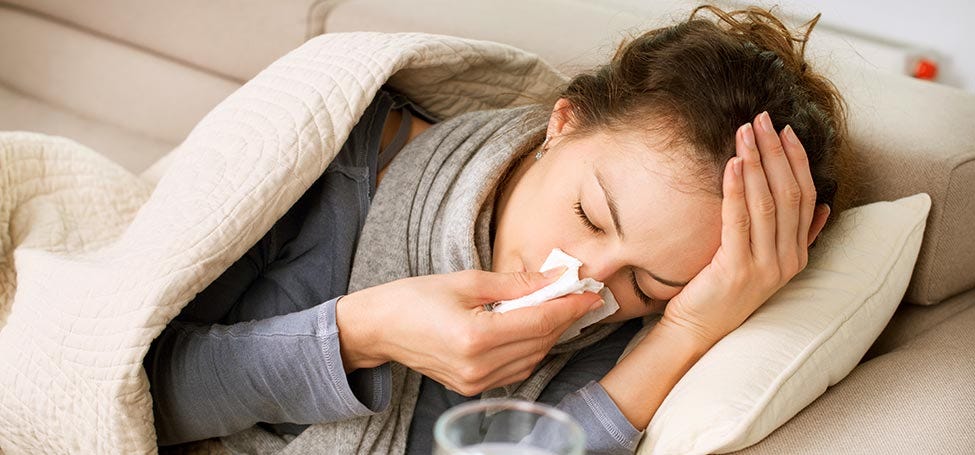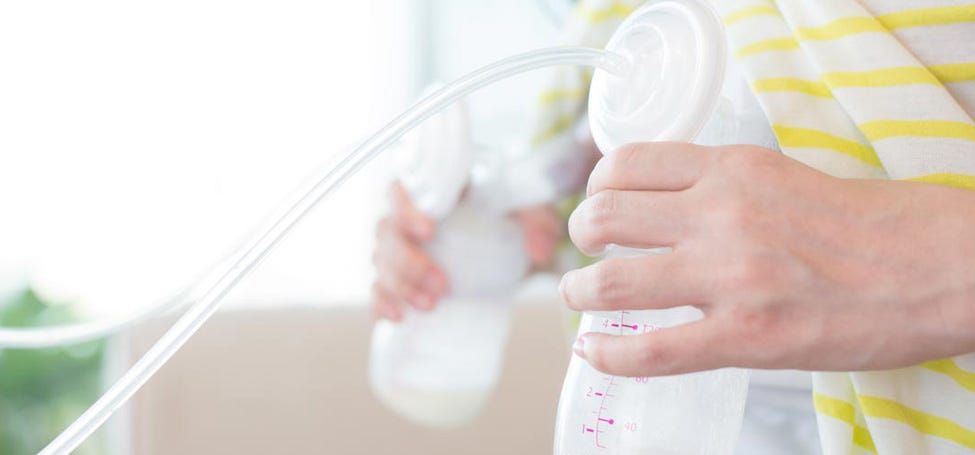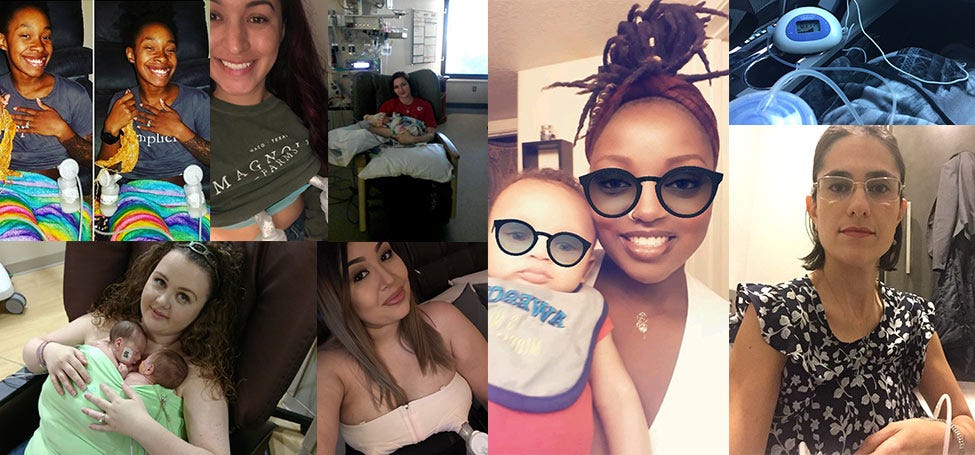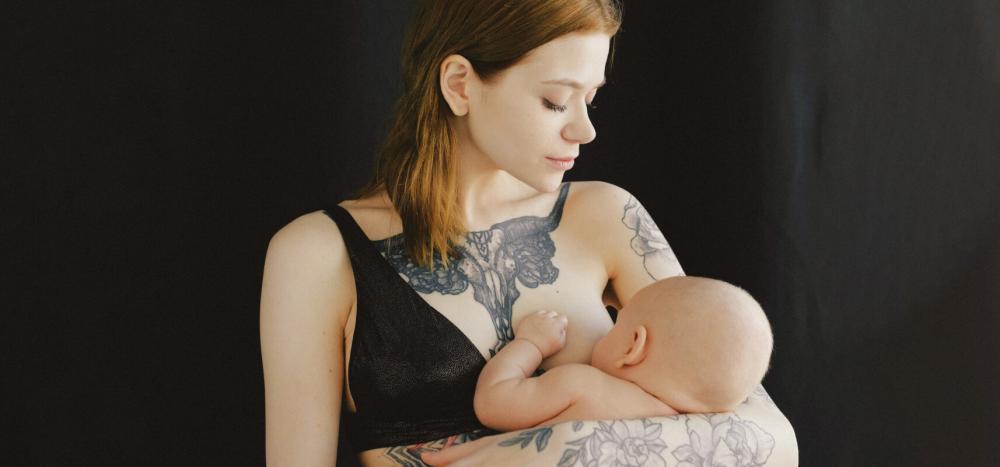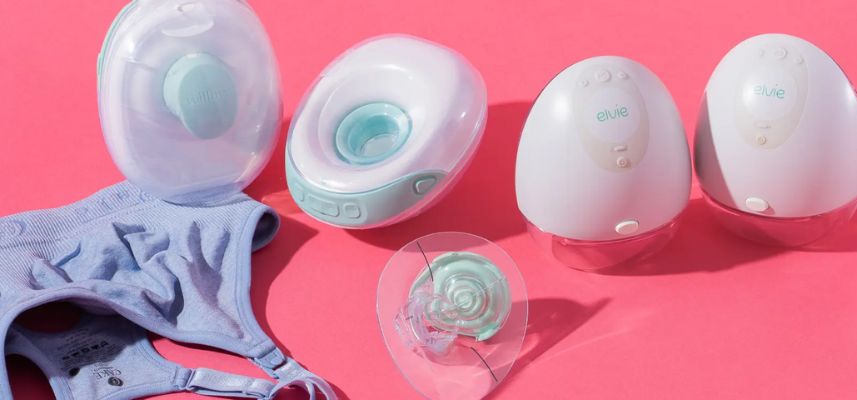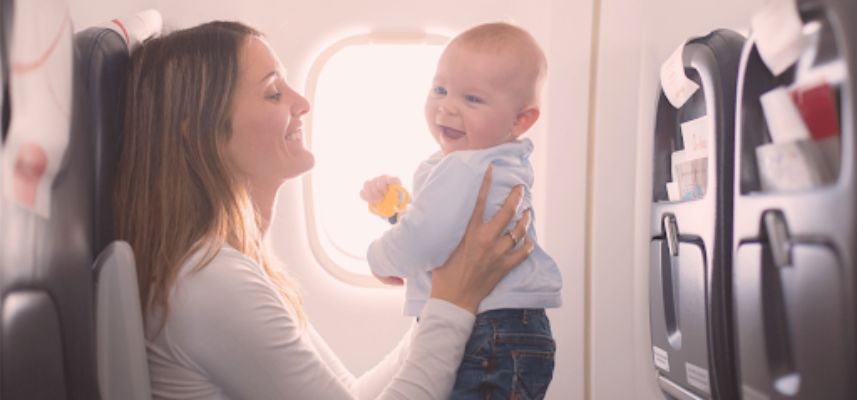Flu season is upon us, and new moms everywhere are painfully aware of the health risks this virus can pose to their baby. If you find yourself feeling under the weather, you may have questions or concerns about breastfeeding. International Board Certified Lactation Specialist Leah DeShay is here to help! Below, she answers the most common questions we see from Aeroflow Breastpumps mamas this time of year.
Q: Is it safe for me to breastfeed my baby when I have a cold or the flu?
A: It’s not only safe, it’s recommended! Contrary to popular belief, the time when someone is most contagious to those around them is in the incubation period, when they show no symptoms. Because of that, your baby would have already been exposed to the cold or flu virus, and their immature immune system will need the assistance of the white blood cells your body puts in breast milk to protect them!
Q: Should I expect any changes to my breast milk when I am sick?
A: Within a few hours of being exposed to any immune system threat, your body starts reproducing white blood cells to recognize and fight germs. These white blood cells circulate your body and are sent to your breast milk as well. You may or may not notice these changes visually, but one of the wonders of breast milk is that it’s always customizing itself to whatever is in your environment based on the biofeedback from your body.
Q: What about when my baby’s sick? Am I at risk if I breastfeed?
A: Again, because of how the incubation period works, unless you were nowhere near your baby for one second for the entire 24-72 hour incubation period, then you also have already been exposed in some way or another. So you are not any more at risk than you were before baby started showing symptoms. And just like when you are sick, the best thing to get them through and over their symptoms when they are in full force is to breastfeed them and give them breast milk.
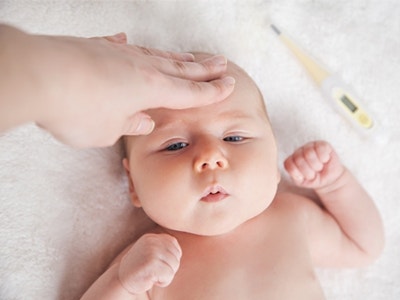
Q: What if my baby refuses to nurse when sick?
A: If your baby refuses to nurse you should:
- Reach out to an Infant Feeding Specialist and a pediatrician to make sure nothing else is wrong, to make sure baby eats and to ensure that you do not form engorgement, mastitis, or a breast abscess.
- Make sure baby has some other way to eat (such as a bottle, a sippy cup, medicine cup, or syringe). Contact your pediatrician and go to the hospital if they have gone more than a few hours without feeding and/or have a reduction in dirty and wet diapers.
- If your baby is able to drink expressed breast milk, baby wear your baby to make sure that you keep them comforted, resting, and keep your body in sync with their immunity needs, and express your breastmilk at any feed that they do not latch and suckle efficiently.
Q: Is it safe for me to take cough medicine or cough drops while breastfeeding?
A: This depends very much on the ingredients of the cough medicine, and even many over the counter options are not recommended. Certain ingredients, such as acetaminophen with codeine, pseudoephedrine and antihistamines, can severely reduce or even deplete breast milk supply within days, as well as have sedating effects on a nursing baby if enough doses are taken to pass through the milk. If you have any questions, get in touch with a qualified IBCLC and double check all questions about any drugs with your pharmacist.
Q: My supply dropped while I was sick. What can I do?
A: Usually if baby is still nursing, they compensate for the very mild supply suppression by cluster feeding and then by the time the illness has passed, prolactin levels are higher and supply bounces back right away. If this doesn’t happen or baby has trouble latching during sickness, or you have to take prescribed medicines that are affecting breast milk, make sure you contact a qualified IBCLC as soon as possible to resolve the situation.
Information provided in blogs should not be used as a substitute for medical care or consultation.
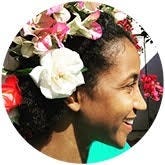
Leah DeShay
Leah graduated from La Sierra University and it was during her undergraduate studies that she found her passion for women’s health care. She completed her post-baccalaureate work in Lactation at the University of California, San Diego, holds a CLEC (Certified Lactation Educator Counselor certificate, and is an IBCLC (Internationally Board-Certified Lactation Consultant).

